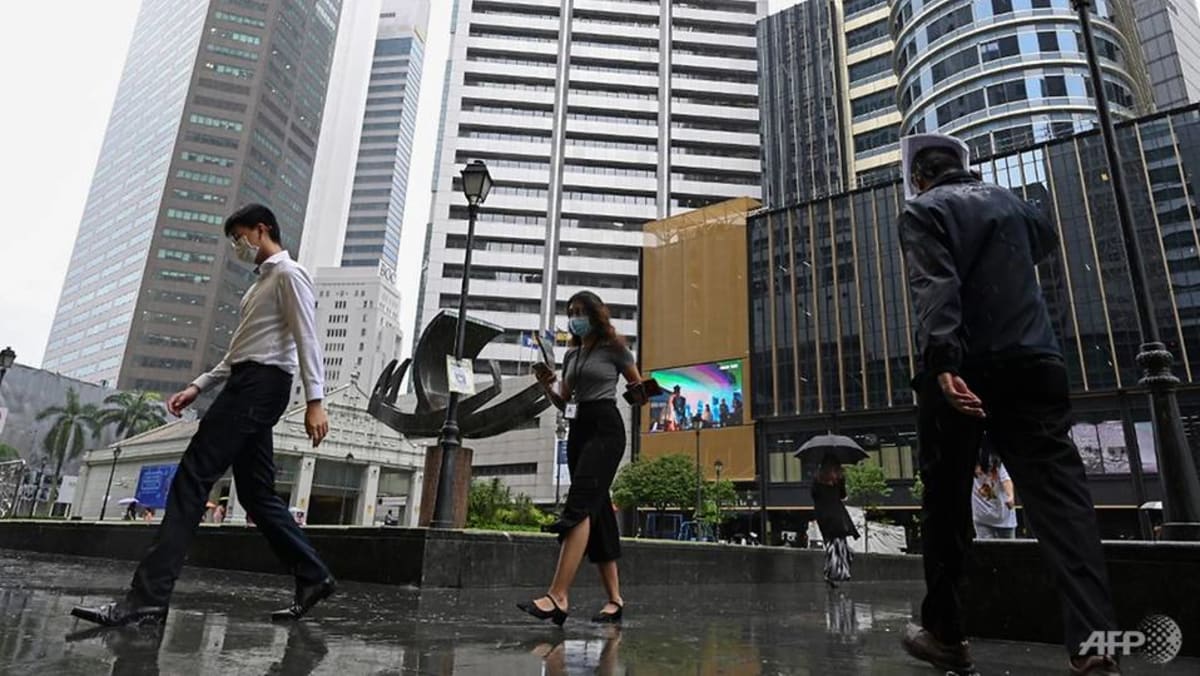SINGAPORE: The landscape of the workplace has been significantly transformed in the wake of the COVID-19 pandemic. A recent cross-national survey has shed light on the shifting preferences of local employees, with more than 80 per cent expressing a desire for flexible working arrangements. In addition to flexibility, they are also placing great importance on the provision of mental health support by their employers.
Data derived from UOB’s recently released ASEAN Consumer Sentiment Study reveals a notable shift in working patterns. Nearly half of local employees have returned to the office on a full-time basis, while only 7 per cent of respondents still exclusively work from home. The remaining 45 per cent have embraced varying work patterns that involve a mixed office or company, allowing for flexible arrangements.
The survey, conducted in June this year, gathered responses from 3,400 consumers across Singapore, Malaysia, Indonesia, Thailand, and Vietnam. Of the 1,000 Singapore respondents, 85 per cent expressed their eagerness for their companies to introduce some form of flexible working arrangements. Among the preferred options, 21 per cent favoured working from home, 39 per cent were inclined towards hybrid working, and 25 per cent preferred entirely flexible arrangements, while only 16 per cent were willing to return to the office on a full-time basis. The respondents ranged in age from 18 to 65, encompassing Generation Z, Generation Y, Generation X, and baby boomers.
In terms of mental health support, the survey also uncovered intriguing insights. About 70 per cent of local office workers surveyed expressed satisfaction with the mental health support provided by their employers. However, when compared to the broader region, where 81 per cent of employees are satisfied, local employers appear to have considerable room for improvement in this aspect.
When asked about the specific forms of mental health and related welfare support they would like to see their employers provide, local employees expressed a preference for flexible working hours (59 per cent), cashing in unused annual leave (37 per cent), sabbatical leave (31 per cent), mental health days (30 per cent), and flexible workload options (29 per cent).
This survey highlights the evolving needs and expectations of local employees, indicating a strong demand for flexibility in working arrangements and a heightened focus on mental health support in the workplace. Employers may need to adapt to these changing dynamics to maintain a motivated and content workforce in the post-pandemic world.

